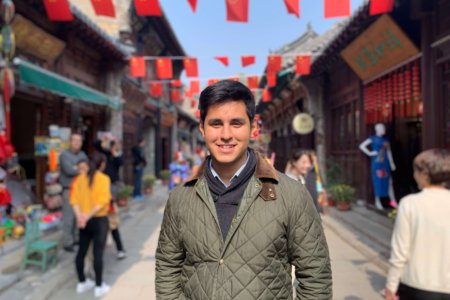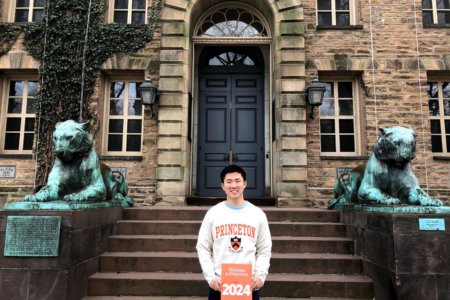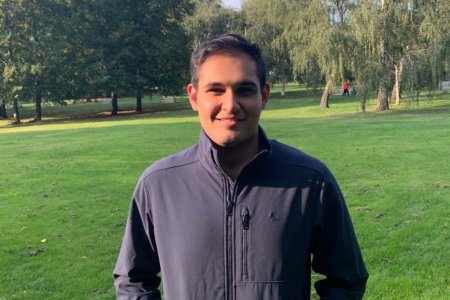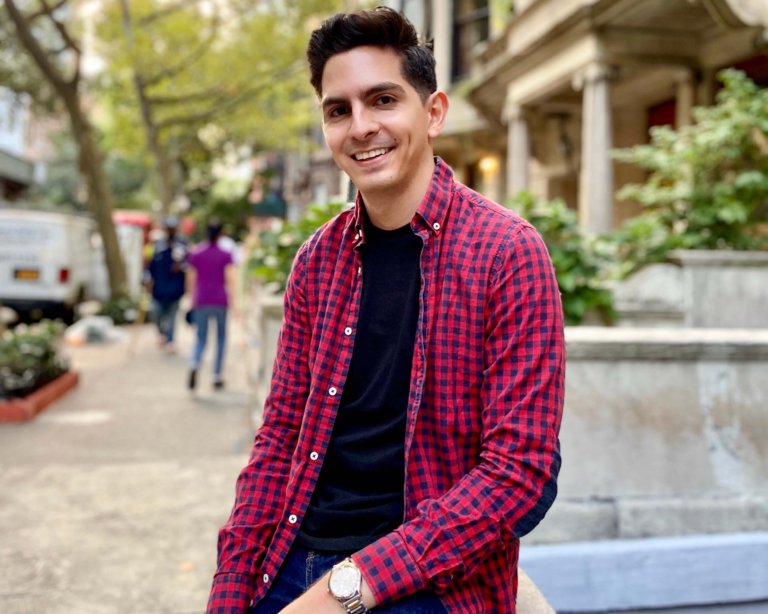
The Department of Economics at Columbia University is home to eight Nobel Prize winners. These past and present professors, plus one instructor are Edmund S. Phelps, Joseph E. Stiglitz, James J. Heckman, Robert A. Mundell, William Vickrey, Gary Becker, and George J. Stigle.
This, plus senior UN advisor Jeffrey Sachs, is a dream team anyone interested in economics would be excited to study under. Undergraduate Carlos Penuelas is one of the lucky few who can consider themselves in the company of these greats — he’s currently taking a class with Phelps, who won the 2006 Nobel Memorial Prize in Economic Sciences for deepening our understanding of the relation between short-run and long-run effects of economic policy.
Any sound economic policy aims for full employment, stable prices and rapid growth. Phelps had advanced the theory of trade-offs between them — offering just the answers, or at least, the right discussion for aspiring policymakers like Penuelas from a developing nation.
The undergraduate had chosen to major in Economics to answer why his home country Mexico’s gross national income is nearly ten times lesser than the US despite having a population nearly triple the latter. We caught up with the senior student to learn more about his BA in Economics, what Phelps’s class is like and his future plans:
What made you choose to pursue a BA in Economics?
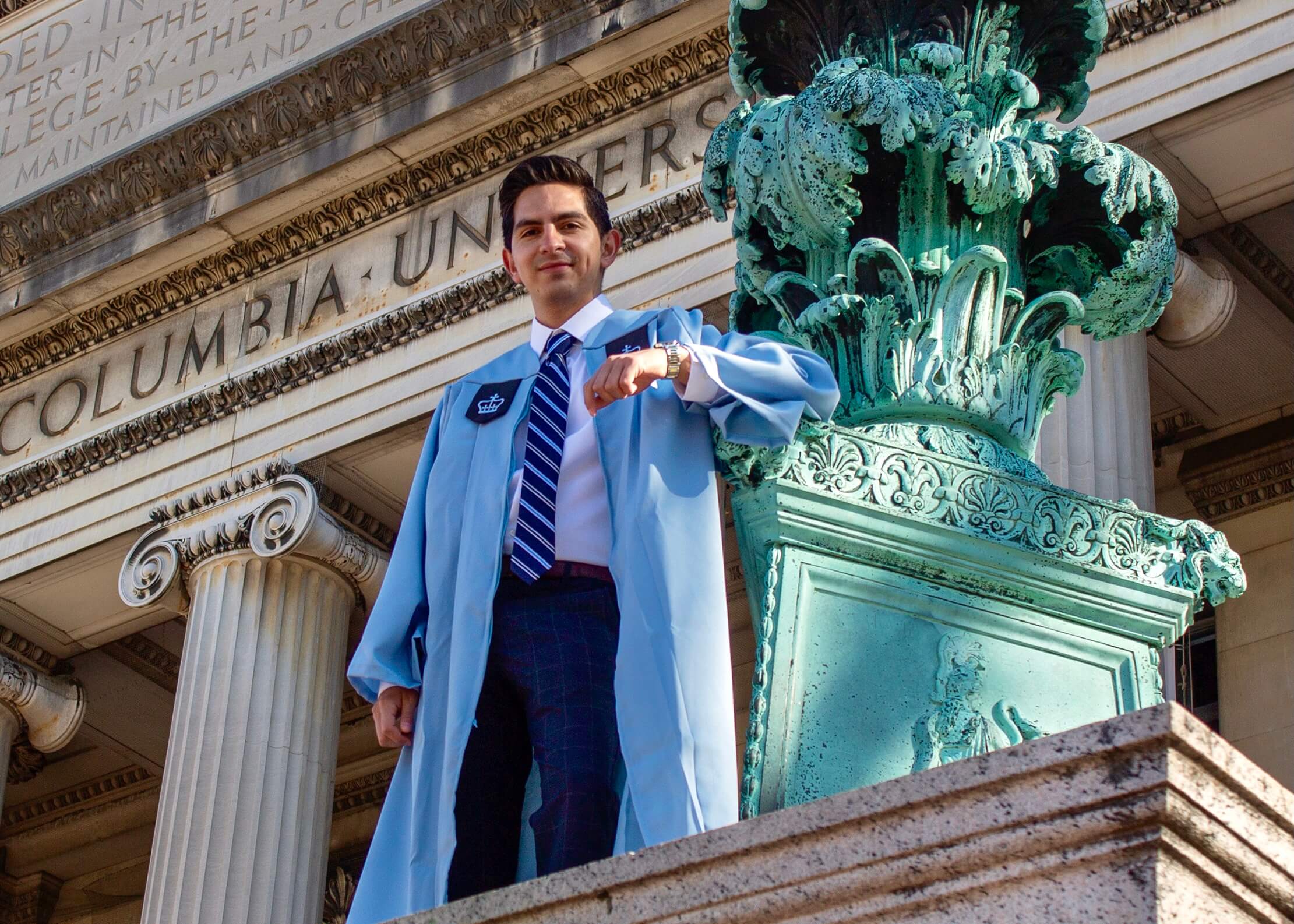
Penuelas comes from Guasave, an agricultural town near the Pacific Gulf in Mexico. Source: Carlos Penuelas
What made you choose to study this at Columbia University?
Columbia University is one of the best schools on a global level for almost every subject. Columbia has a few economics professors that I admired — like Jeffrey Sachs and Nobel Prize winner Edmund Phelps (whom I’m taking a class with right now).
Besides academics, living in New York City has a lot to offer compared to other school locations, specifically with regards to culture and profession (since I’m in finance).
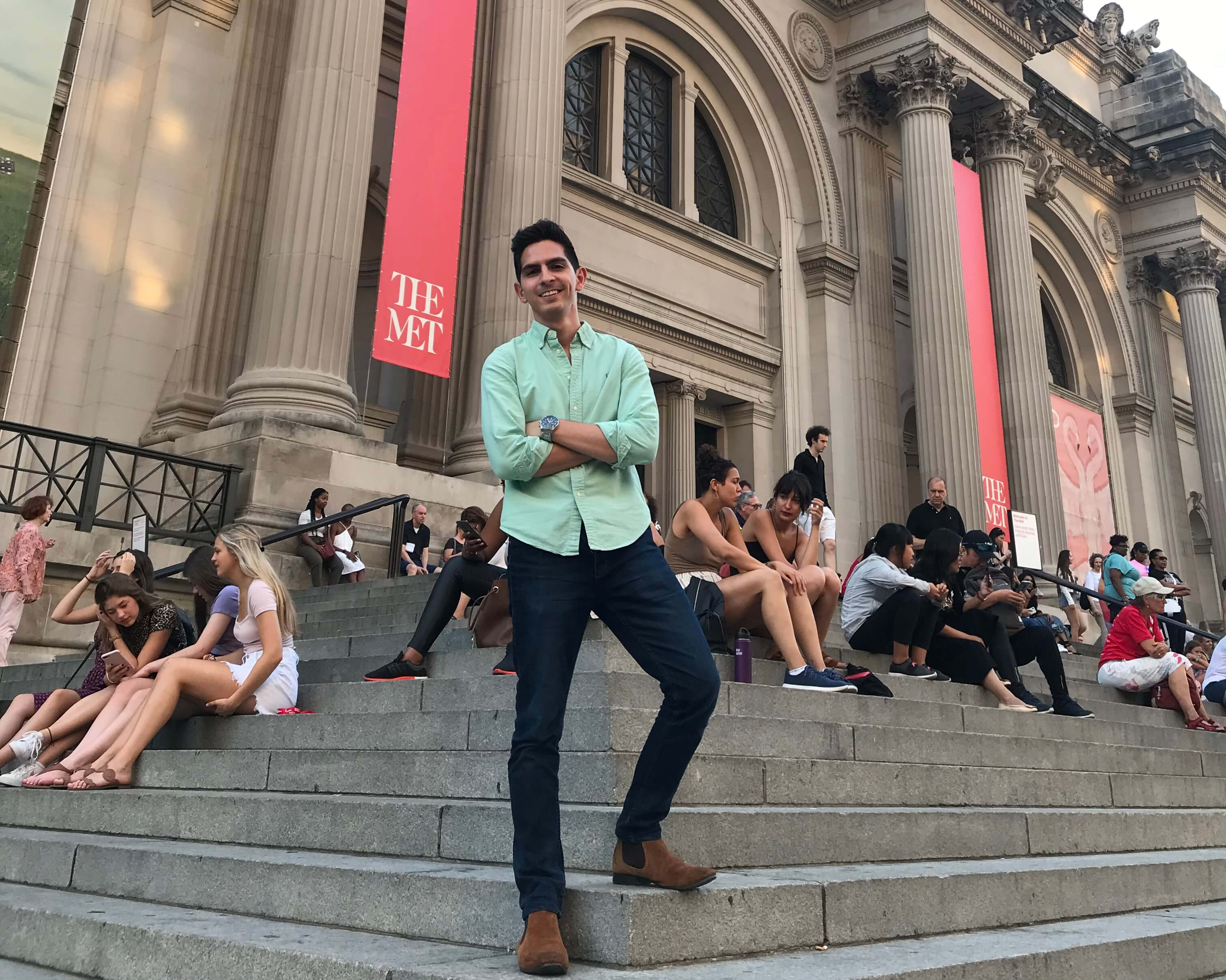
The economics classes have given him skills to understand the economy better, read complex books and articles, and analyse information to make decisions. Source: Carlos Penuelas
Tell me about your hometown, Mexico.
I live in a small city called Guasave in Sinaloa, Mexico. Guasave is an agricultural town near the Pacific Gulf. If you were to visit you would most likely fall in love with its typical cuisine which consists of seafood and “carne asada” (grilled beef). A few interesting places to visit in Guasave are the beaches and the expansive agricultural fields.
What difference do you think it would have made if you studied at a local institution?
Back at home, the student population is very homogenous. Education in my hometown emphasizes agricultural engineering and not so much economics. Studying at Columbia University has given me plenty of exposure to different backgrounds and points of view — making education more enjoyable.
What has been your most memorable class so far?
My macroeconomics senior seminar with Phelps. It thrills me that he wrote the book I’m reading for class.
What fond memories with teachers can you share with us?
I invited one of my economics, which is also the head of the undergraduate economics department, for a chat over coffee. We spent two hours talking about life and getting to know each other.
I got a lot of insight about pursuing a career in economics academia, and I also received personal advice. Overall, I always try to get to know professors on a personal level and professors also try to get to know their students.
What are the practical learning elements in your course?
In finance classes, we learned theories like “Efficient Market Hypothesis” and “Modern Portfolio Theory” which helps maximise your return on investments. In Econometrics class, we learned how to analyse economic data on computer programmes like Stata, R and Python.
I use these programmes on a daily basis as an Economics Research Assistant. Besides learning economics theories, economics classes give you a rundown on how the economic and financial world works. I use this knowledge to read and understand economic and financial articles.
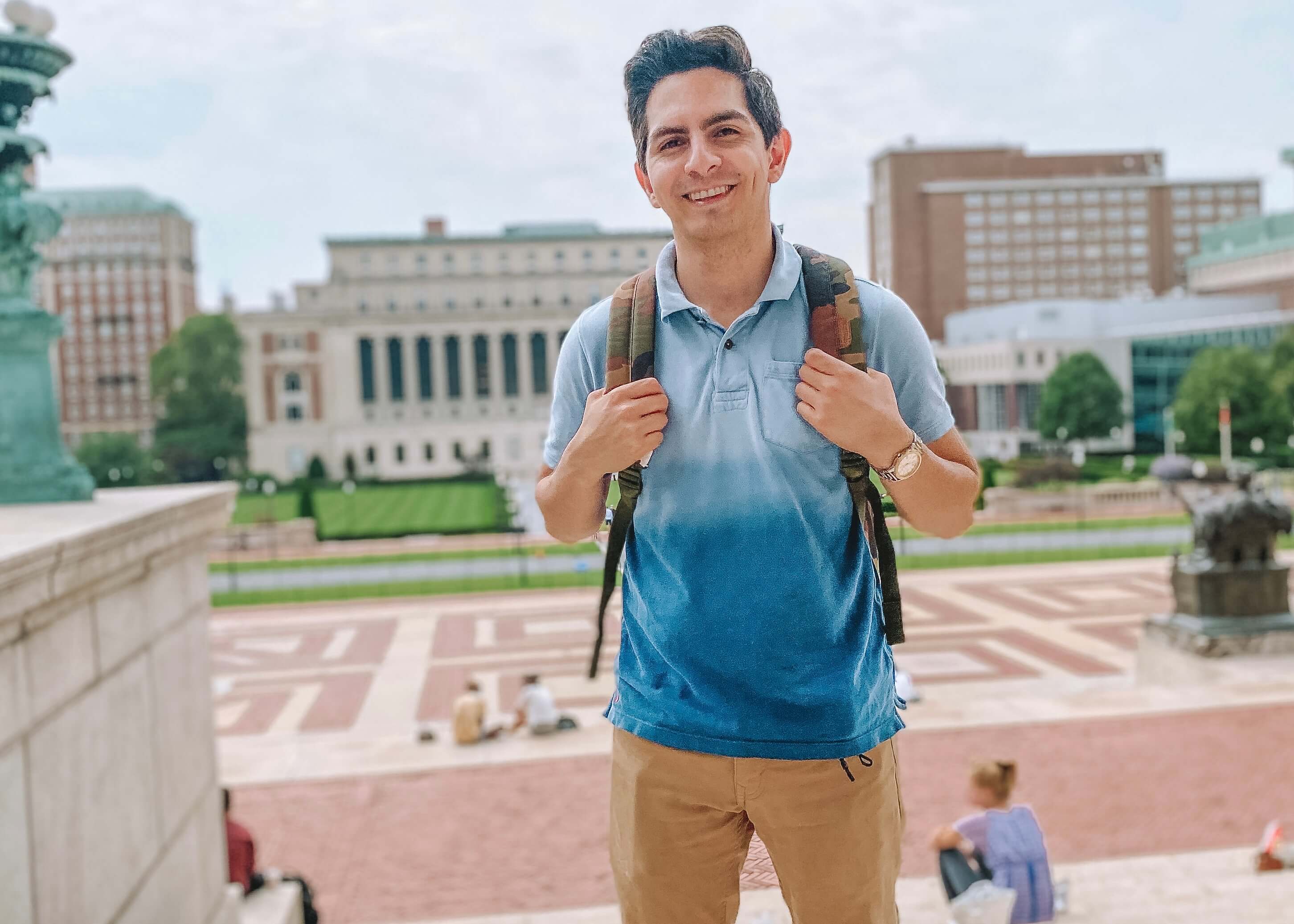
He has plans to study for his MBA and get into the finance industry next. Source: Carlos Penuelas
What are your academic goals at Columbia University?
My educational goal was to comprehend economic theories. Overall, the economics coursework has given me the skills to understand the economy better, read complex books and articles, and analyse information in order to make financial decisions.
What do you plan to do with your degree after graduating?
I want to work in consulting or finance. These industries apply the skills that I’ve learnt from the economics coursework like data analysis and modeling. I hope to complete an MBA after working for a few years.
What advice do you have for international students looking to study abroad?
Do your research, have clear reasons about the major you want to study and the uni you want to attend. Try to connect with other international students at the uni you want to attend, because they can give you specific tips on how to get in and how to succeed.








